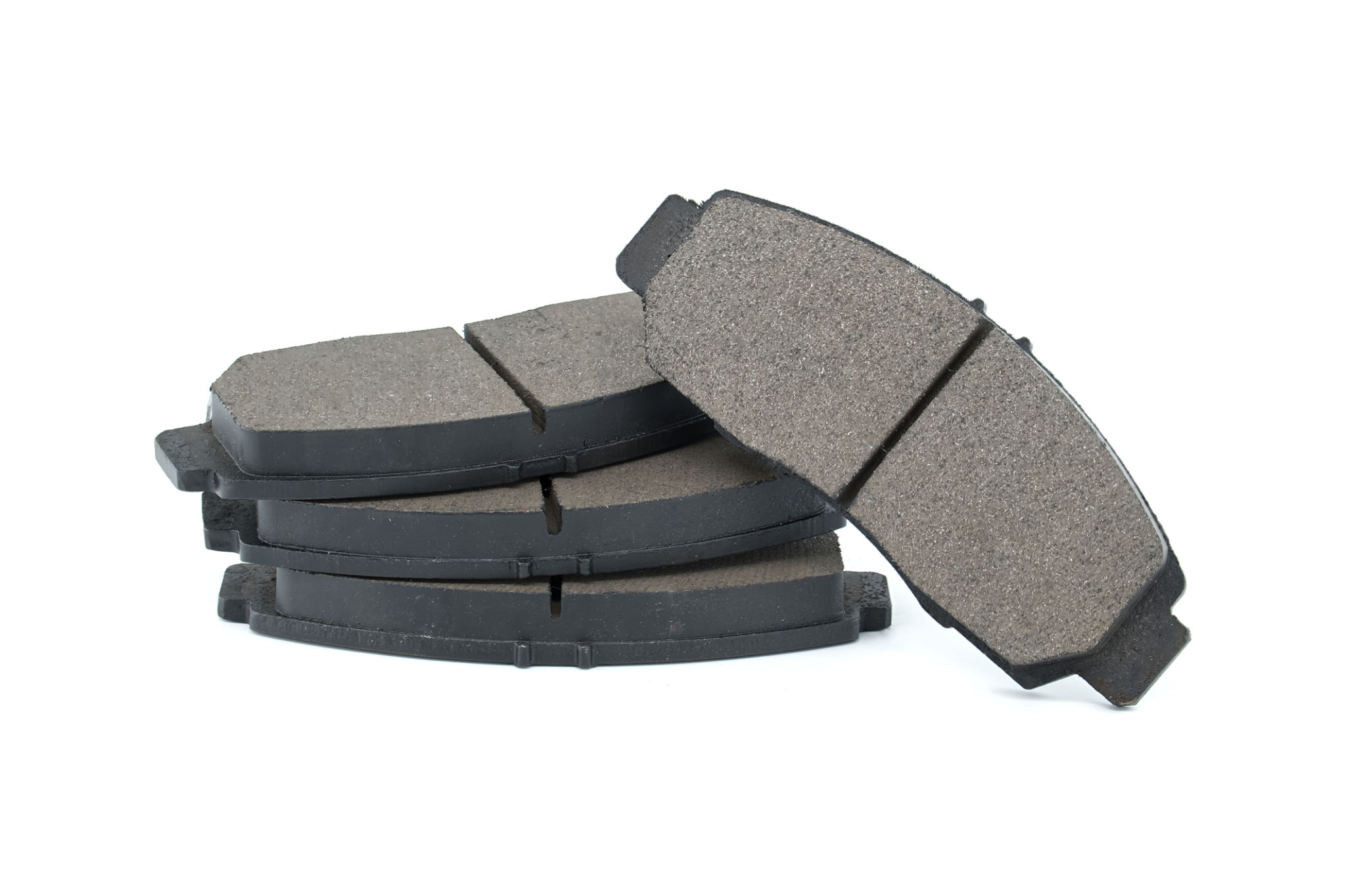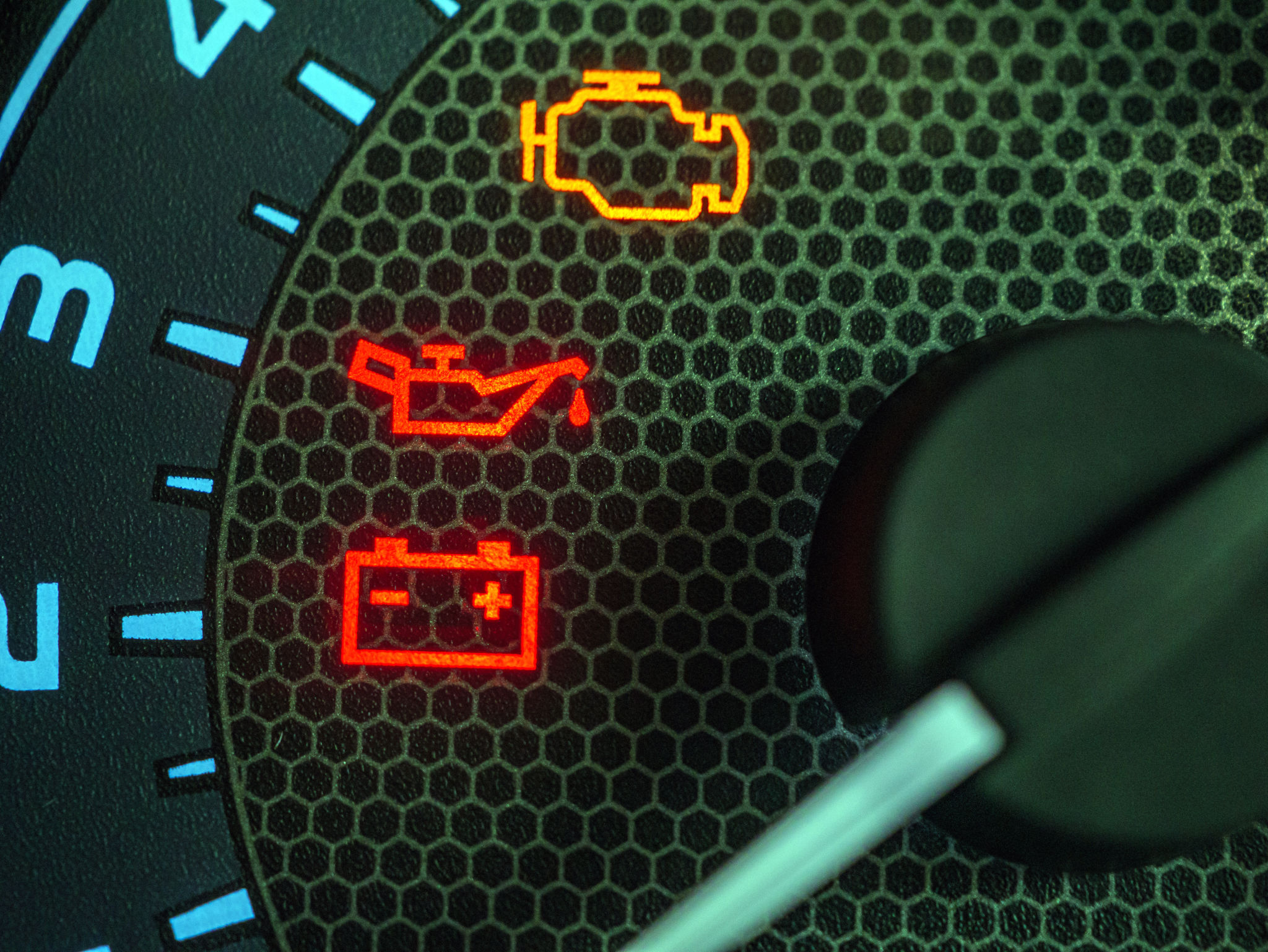Brake Repair Basics: Signs Your Car Needs Immediate Attention
JG
Understanding Brake Repair Basics
Your car's braking system is one of its most crucial safety features. Regular maintenance and timely repairs are essential to ensure your vehicle stops effectively and safely. Knowing the signs that indicate your brakes need immediate attention can prevent costly repairs and potential accidents.
Ignoring brake issues can lead to dangerous situations on the road. This blog post will guide you through the basics of brake repair and help you identify when your car needs urgent care. Keep reading to learn more about the warning signs and what to do if they arise.

Unusual Sounds When Braking
One of the first signs that your brakes might need attention is unusual noises. If you hear a high-pitched squealing or grinding sound when applying the brakes, it could indicate worn brake pads or shoes. These sounds are usually caused by metal-on-metal contact, which occurs when the brake pads are completely worn down.
It's important to address these sounds as soon as possible. Continued use can lead to more severe damage, including rotor or drum damage, which can be more expensive to repair. Regularly checking your brake pads for wear can help prevent these issues from occurring.

Vibrations or Pulsations
Feeling vibrations or pulsations in the brake pedal when you apply pressure can be a sign of warped rotors. This issue is often due to excessive heat generated from braking, which causes the rotors to become uneven. Warped rotors can affect your vehicle's stopping ability and should be inspected by a professional immediately.
In addition to vibrations, if you notice your steering wheel shaking while braking, it's also a potential indicator of rotor problems. Addressing these symptoms early can help maintain your vehicle's braking performance and ensure your safety on the road.
Brake Warning Light
Most modern vehicles are equipped with a dashboard warning light specifically for the braking system. If this light illuminates, it’s a clear sign that something is amiss. The warning light could indicate various problems, from low brake fluid levels to more serious issues within the braking system.

When the brake warning light comes on, it's crucial to have your vehicle inspected by a professional mechanic as soon as possible. Continuing to drive with the light on can lead to further complications and compromise your safety.
Spongy or Soft Brake Pedal
A spongy or soft brake pedal is another red flag that requires immediate attention. If your brake pedal feels soft or goes to the floor easily, it might indicate air in the brake lines or a brake fluid leak. Both situations can severely impact your vehicle's braking performance.
Brake fluid is essential for creating the pressure needed to engage the brakes effectively. If there's a leak or air in the lines, it can lead to a loss of pressure and reduced braking capability. Prompt inspection and repair are necessary to ensure your brakes function properly.
Conclusion
Being aware of these signs can help you maintain your car's braking system and ensure your safety on the road. Regular maintenance and inspections are key to preventing brake-related issues and avoiding costly repairs. If you notice any of these warning signs, don't hesitate to consult with a professional mechanic.

